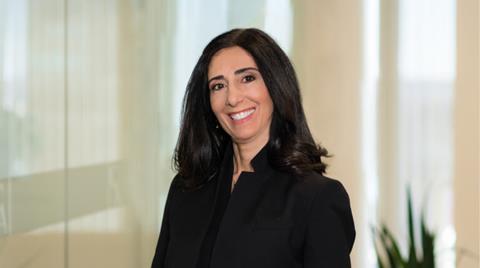
The 2025 Sustainable Beauty E-Summit was a glitzy congregation of industry luminaries, all under one virtual roof to delve into the pressing issues of sustainability within the beauty industry. Held online, the summit was nothing short of a think tank, offering cutting-edge insights into the evolving regulatory landscape, the nefarious pitfalls of greenwashing, and innovative supply chain solutions. As the beauty sector grapples with sustainability challenges, this summit was a beacon of hope for progress, echoing a vibrant call for transparency and innovation.

Navigating the Regulatory Labyrinth
The summit kicked off with a deep dive into the changing regulatory environments that beauty brands must navigate. New regulations are setting stricter standards, from post-consumer recycled (PCR) packaging mandates to extended producer responsibility (EPR) laws, aimed at holding companies accountable for their ecological footprints. Akemi Ooka, Ph.D., from the Independent Beauty Association, highlighted the swift pace at which these regulations are emerging, urging brands to prioritize compliance as a fundamental operational strategy.
“Brands used to overlook regulatory compliance, but now it’s become an urgent priority,” Ooka stated. The focus on compliance is no longer just about avoiding penalties; it’s about aligning with consumer expectations for sustainability and ethical practices.
Unmasking Greenwashing
Greenwashing has become a buzzword, often clouding genuine sustainability efforts. The summit tackled this head-on, with experts dissecting the anatomy of greenwashing—vague claims, selective disclosures, and future-washing tactics that promise sustainability but lack concrete action. “Clarity on the term ‘sustainability’ is imperative,” said Jen Novakovich, conference moderator and a sustainability advocate. She stressed the importance of aligning sustainability claims with actual product attributes and regional regulations to create authentic consumer trust.
Innovating the Supply Chain
Supply chain innovations were a focal point, with talks on how the industry can reduce its carbon footprint. The use of bio-based ingredients and advancements in biomanufacturing were highlighted as promising avenues. A notable mention was the programmed lysis approach, which could revolutionize the production of difficult-to-extract natural products, offering a more sustainable alternative to traditional methods.
Mike Fevola, Ph.D., Vice President, R&D, Consumer Solutions at Vantage Specialty Chemicals, captured the sentiment with a resonant message: “It’s easy to get environmental impact anxiety, but progress over perfection is key.” This encapsulates the summit’s ethos—encouraging brands to take actionable steps towards sustainability rather than being paralyzed by the enormity of the challenge.
The Power of Education and Collaboration
The E-Summit emphasized the role of education in driving sustainable innovation. Making the event freely accessible was a strategic move to democratize knowledge, allowing even the smallest brands to gain insights into sustainable practices. “By fostering collaboration and offering accessible education, we empower brands to push the envelope in sustainability,” Novakovich added.
The event also underscored the need for continuous dialogue among stakeholders—manufacturers, consumers, and regulatory bodies—to ensure that sustainability efforts are both effective and scalable.
Looking Forward: A Collective Responsibility
As the summit drew to a close, the collective resolve was clear: the beauty industry must evolve to meet the demands of a more eco-conscious consumer base. The path to sustainability is fraught with challenges, but the industry’s commitment to innovation and transparency heralds a positive trajectory.
As the beauty industry strides into 2025, the lessons from the Sustainable Beauty E-Summit are more relevant than ever. By embracing innovations in packaging, supply chain, and ingredient sourcing, and by fostering transparency and education, the sector is poised to redefine beauty standards for a sustainable future.